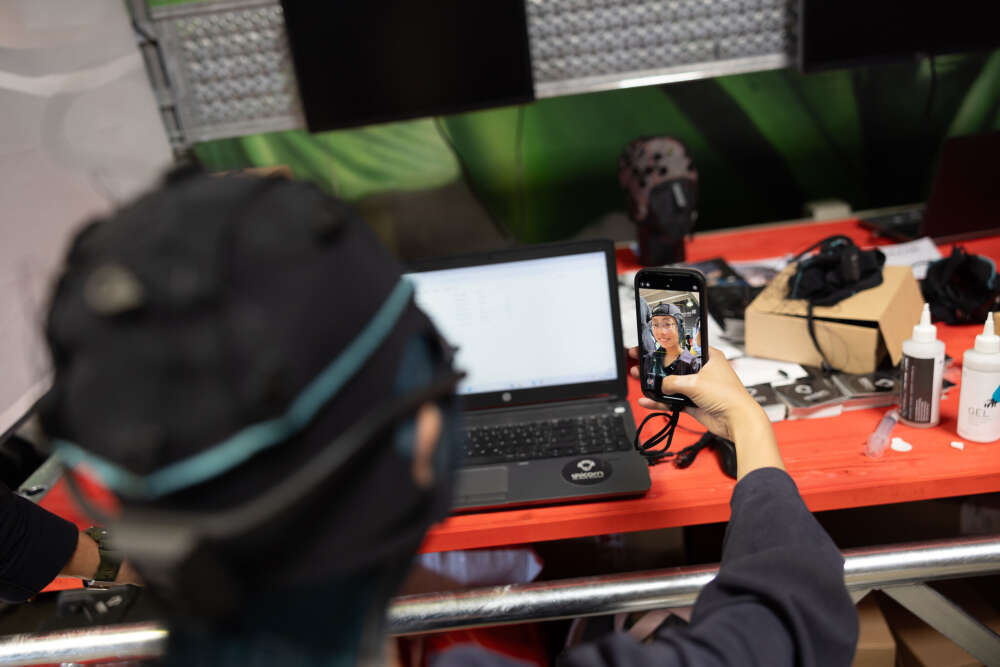The Sale of .ORG, Trust, and Community-Based Organizations

In November 2019, the Internet Society (ISOC) sold the .ORG registry (Public Interest Registry) to private-equity company Ethos Capital for $1.135 billion. Though the sale seems inevitable, NTEN has engaged over 13,000 people to endorse a letter to oppose the sale.
What questions and concerns does the sale of .ORG registry raise for non-profit and community-based organizations?
In an interview published by The Register, Internet Society (ISOC) President and CEO Andrew Sullivan said that he did expect pushback on the move from a non-profit model to a for-profit one. Mashable reporter Matt Binder articulates this worry succinctly: “The concern that a for-profit firm would raise prices to recoup its billion dollar investment is surely a valid one.”
While some reports end their discussion of the impacts of the sale on the potential price increase of web domains, the stakes are potentially much higher. Kieren McCarthy rightly asks, “[W]hat about the 10 million registrants of .ORG, the vast majority of which are unlikely to hear about the sale at all and who likely bought their .ORG domain precisely because it represented a non-profit ethos?”
Mozilla has offered a list of questions that it encourages ISOC and the Internet Corporation for Assigned Names and Numbers (ICANN) – the nonprofit that coordinates namespaces on the internet – to ask before the sale. NTEN’s SaveDotOrg is concerned about three key powers that this sale gives to Ethos Capital, the for-profit purchaser of .ORG:
- The power to raise .ORG registration fees without the approval of ICANN or the .ORG community.
- The power to develop and implement Rights Protection Mechanisms unilaterally, without consulting the .ORG community.
- The power to implement processes to suspend domain names based on accusations of “activity contrary to applicable law.”
Building on these important concerns and questions, I would pose two additional questions for community-based organizations to think through:
- To what extent will the sale of .ORG pose new challenges for community members to sort out misinformation online? Studies led by Professor Sam Wineberg at the Stanford History Education Group (SHEG) have shown the extent to which people “lack the skills to judge the reliability of information online.” What additional confusions may be created by the prospective changes in how .ORG is managed and how .ORG sites are used? What additional responsibilities will community-based organizations need to take on in order to extend media literacy programming to their constituents?
- How should community-based organizations educate their communities about the upcoming sale of .ORG sites? In my experiences facilitating digital literacy and information literacy programs with public libraries, I have worked with hundreds of people who face difficulties sorting between helpful and exploitative information online. I have heard dozens of people say that .ORG sites are inherently trustworthy. This inaccurate rule-of-thumb is dangerous, and I fear that it could be more susceptible to manipulation when .ORG domains are managed with a profit-driven motive. To what extent are .ORG sites trusted by Internet users in your community, and what information do you think is important for your constituents to know about the upcoming sale of .ORG?
Beyond the commercial and legal concerns being raised around the sale of .ORG, I think there are critical questions to ask around the theme of trust. Whereas trust in many outlets and platforms erodes, trust in many community-based organizations, and particularly public libraries, hold strong. With this trust comes power. While we do not know how the new owners of .ORG will use or abuse their power, we should ask ourselves what we do with ours.
This commentary was originally published on the Benton Institute for Broadband & Society’s Blog on December 10, 2019.







